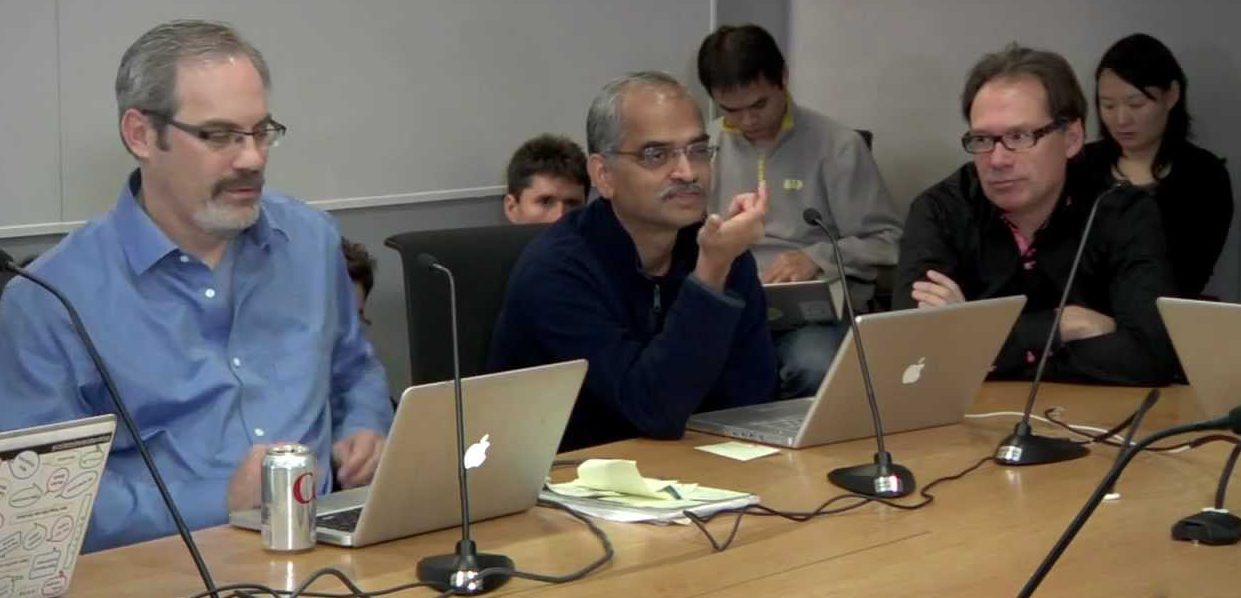
[1]
Collecting data
“We need generalists… Lots of projects and companies grow without doing new things; they just get bigger teams. We want projects to end.”
Google… tackles most big projects in small, tightly focused teams, setting them up in an instant and breaking them down weeks later without remorse. “Their view is that there is much greater progress if you have many small teams going out at once.”
A typical task, from tweaking page designs to doing scientific research, involves six people. Hundreds of projects go on at the same time. Most teams throw out new software in six weeks or less and look at how users respond hours later.
With 82 million visitors and 2.3 billion searches in a month, Google can try a new user interface or some other wrinkle on just 0.1% of its users and get massive feedback, letting it decide a project’s fate in weeks. One success in ten tries is okay; one in five is superb.
Everyone from a failed venture moves to another urgent project. “If something is successful, you work it in, somehow… If it fails, you leave.”
Sharing data
Google… shares all the information it can with as many employees as possible…
It also pursues a rapid-fire food-fight strategy that throws out ideas as fast as possible, to see what sticks.
One key rule: You can’t call any idea “stupid.”
(Nor is most any idea too wild. On a recent day at the Google campus a bulletin board invited workers to a session on the dream of erecting a 200-mile-high elevator into space.)
Using data
One true god rules at Google: data. The more you collect, the more you know and the more certain your decisions can be, disciples believe…
“Often differences of opinion between smart people are differences of data…”
In some meetings people aren’t allowed to say “I think…” but instead must say “The data suggest…”
…the guy with the best data wins.[2]
- “Search Quality Meeting: Spelling for Long Queries (Annotated)” YouTube, 12 Mar. 2012, www.youtube.com/watch?v=JtRJXnXgE-A. Accessed 24 Nov. 2016.
- Hardy, Quentin. “Google Thinks Small.” Forbes 176.10 (14 Nov. 2005): 198-202.